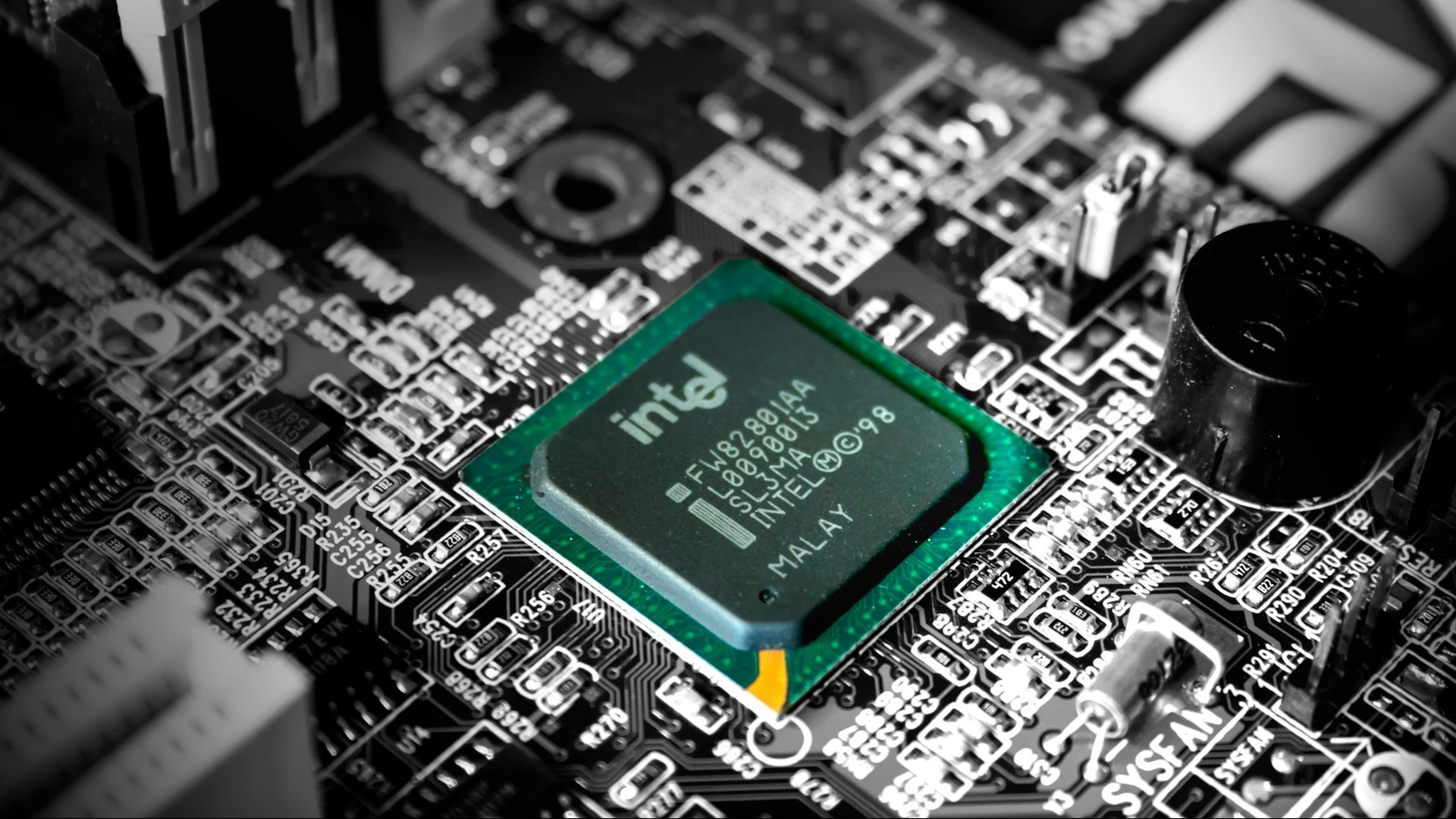Intel has offered Apple to invest in its manufacturing - Bloomberg. Shares jumped

U.S. processor designer and manufacturer Intel has approached iPhone maker Apple with a proposal to invest in its production, sources told Bloomberg.
The move was part of an effort to strengthen Intel's business, some of which is now owned by the U.S. government, the agency noted. The companies, according to Bloomberg's sources, are also discussing the possibility of closer cooperation, but the talks are at an early stage and may not lead to a deal.
According to Bloomberg sources, Intel is also in talks with other companies about possible investments and partnerships. The agency did not specify which companies they are talking about.
An Intel spokesman declined to comment to Bloomberg. An Apple representative did not respond to the agency's request.
What about the stock
Shares of Intel after the Bloomberg report sharply accelerated growth at the end of the trading day: at the moment they rose in price by 8%, and at the end of the day quotations added 6.4% - the price amounted to $31.22. In extended trading, the securities continued to rise - by about 1.3%.
Apple shares, on the other hand, were down 0.83% to $252.31 at the end of the day - although they also recovered some of their losses after the Bloomberg news. They were virtually unchanged in price in the postmarket.
Context
Intel lost Apple as a customer five years ago when the iPhone developer switched to its own processors for Mac M-series computers, which are now made by Taiwan's TSMC. A potential Intel deal with Apple would be a symbolic endorsement of the chipmaker's efforts to regain its market position, Bloomberg writes. But it is unlikely that Apple will start using Intel processors in its devices again, the agency noted.
Intel CEO Lip-Bu Tan is trying to restart the business with the support of the U.S. government. In an unconventional deal orchestrated by President Donald Trump's administration in August, the U.S. acquired about 10% of Intel's shares. The chipmaker is seen by the government as a key element of its strategy to revitalize U.S. manufacturing, Bloomberg writes. Since the state took the stake, investors have becomemoreoptimistic about Intel: since the beginning of August, its shares have risen by more than 50%.
Last week, Nvidia announced plans to invest $5 billion in Intel and to work together on chips for personal computers and data centers. Analysts note that the deal with Nvidia does not solve Intel's main problem - the lag in manufacturing technology. Contract manufacturing, on which the company relies, is still inferior to the level of Taiwan's TSMC, and Intel still does not have large external customers. Without external loading of fabs, the business will remain unprofitable.
In August, Japanese conglomerate SoftBank announced a $2 billion investment in Intel as part of its expansion in the U.S. market.
This article was AI-translated and verified by a human editor
